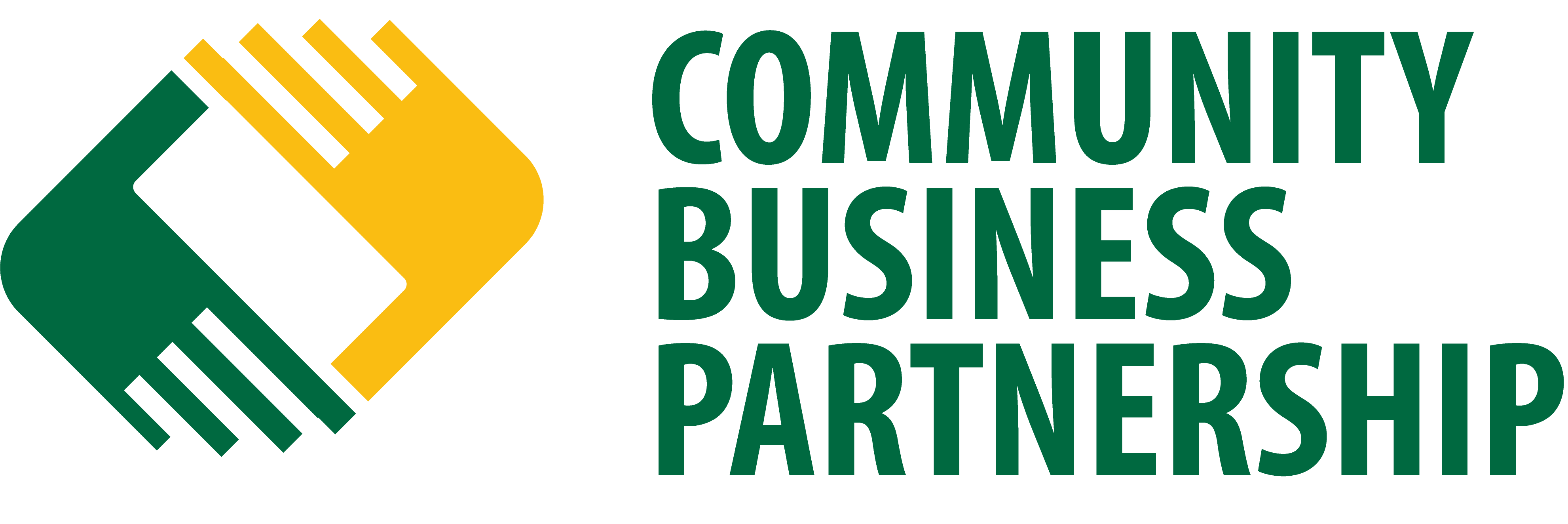Strategic planning: What lessons COVID taught us in 2021
With the world still reeling under the pressures of the COVID-19 pandemic, we are provided an opportunity to learn lessons about strategically planning for the future. Entrepreneurs across the globe have undergone serious disruptions in business operations, changing the way they view the parameters of business. The Women’s Business at CBP outlines the major lessons we can all learn from pandemic disruptions in 2021.
Always be prepared
When the pandemic came to the fore in late 2019, businesses did not have past experience on which to predict lockdowns, travel bans, work from home and the like. When offices were closed in early 2020, companies scrambled to develop emergency plans as the emergency was unfolding. Initially, employers and employees expected that they would work from home for a matter of weeks, so plans did not look too far into the future. As weeks dragged into months, many businesses were still in reaction mode, simply responding to new issues as they came up.
A scaleable emergency plan – one written while NOT in crisis, and while able to think in terms of various scenarios, can be especially helpful when helping a team pivot.
Changes to the workplace
With most employees working from home for 18 or more months,, they are now accustomed to their space and privacy during work hours. It is now the responsibility of entrepreneurs and business owners to create a healthy, calmer and stress-free environment at work where their employees can still be creative and feel at ease. Providing your employees with such an atmosphere can also make them more productive and responsible.
If you have employees returning to work after months, welcome them by making little or large (if you have the budget) changes to the workplace. If you leave the space unchanged, it may make them feel unsafe or uncomfortable as if nothing has changed since the beginning of the pandemic.
Establishing a common purpose
Setting a clear purpose and communicating that effectively to staff and stakeholders is key. This ensures every member of the organization is on the same page, especially to deal with the demands of the pandemic. It is also important that frequent communication shares policies, decisions and rationales.
Rapid decision making
It is recommended to establish advisory boards or committees that can make quick decisions on behalf of the company. Senior members who are part of these committees can meet regularly, make important decisions and allocate resources wherever necessary without the usual red tape.
For more information on the key takeaways and lessons from 2021, contact The Women’s Business CBP.
